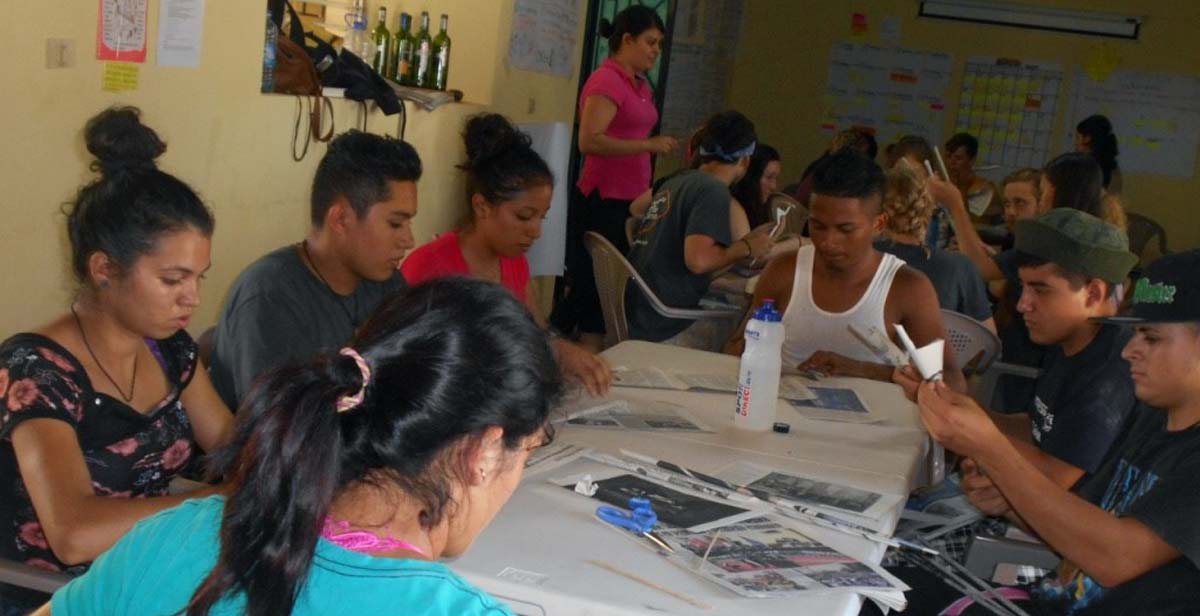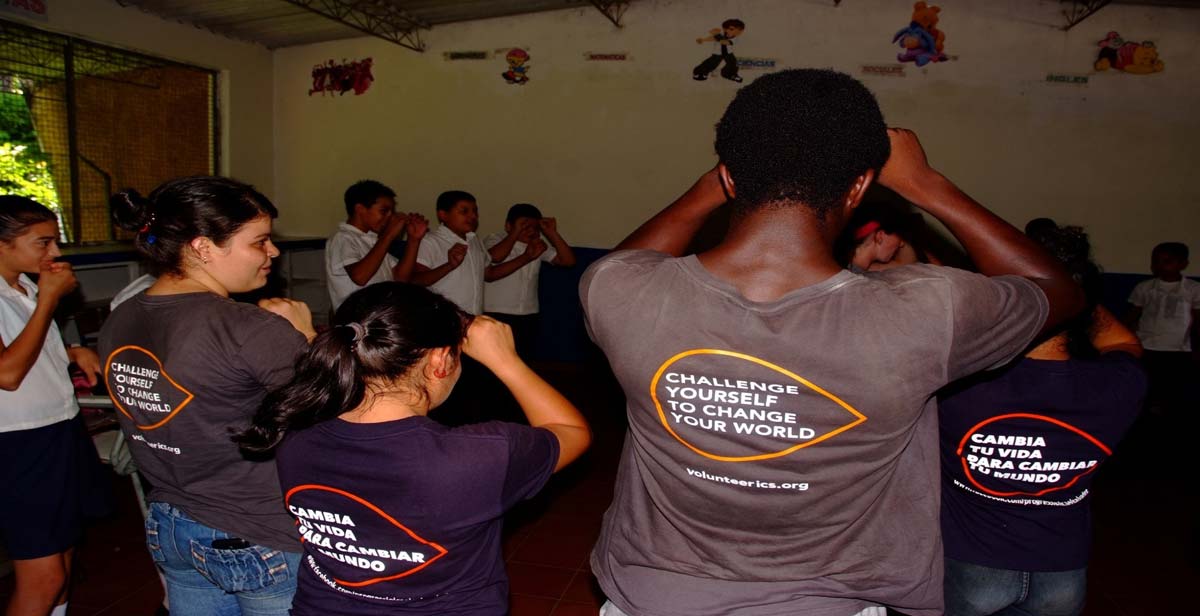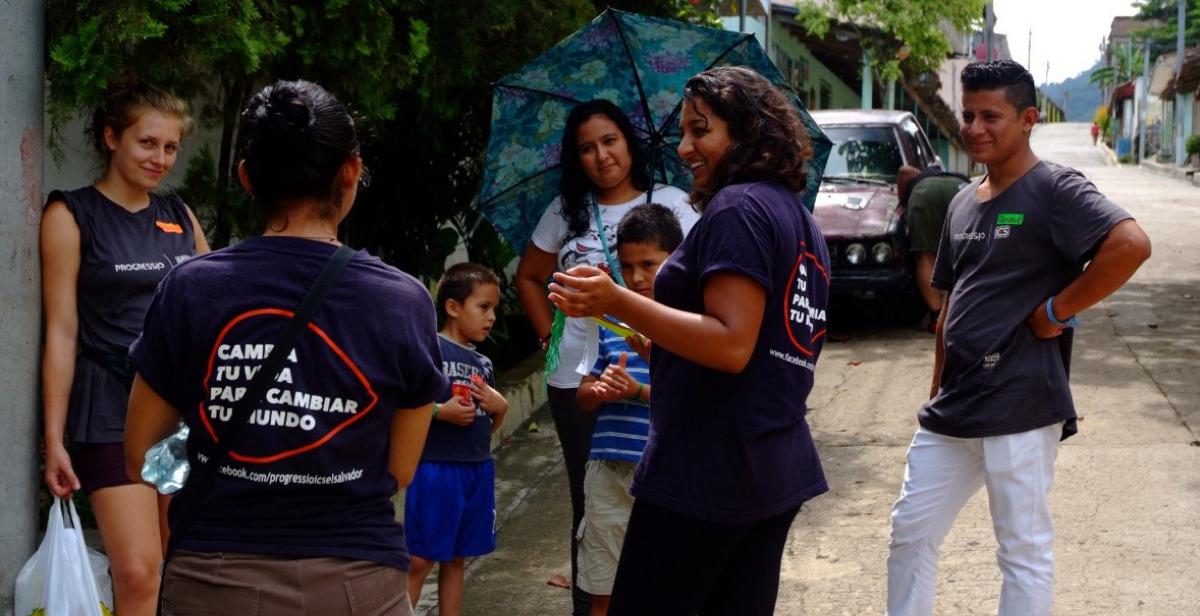I think many people, including myself, who live in the developing world are secluded from the reality we face worldwide regarding education and literacy. Although I am aware of the huge educational inequalities worldwide, it is difficult to apprehend the extent to which this affects so many lives. So let’s outline the situation currently.
One in five adults is not literate - two thirds of who are women. Around 60.7 million children do not go to school and millions more don’t go to school regularly or drop out before attaining a suitable education. In some regions of the world, the literacy rate for adults is only just over half the population. South and West Asia has a low rate of 58.6% and in Sub Saharan Africa the rate is 59.7%. These statistics are taken from UNESCO’s Global monitoring report on education, which links poverty and inequality directly with the concerning levels of illiteracy.
These facts are really shocking, especially when in the UK so many of us take education for granted and many of us want the opportunity to drop out. Education is crucial for human development, and therefore development within society. It enhances and develops individuals, increasing people’s potential which betters society as there are more skills to share amongst everyone. This allows the specialisation and diversification of professions, meaning everyone has access to a wider range of services, thus raising living standards. So improving access to education is essential to provide a foundation to enable less developed nations to lift their populations out of poverty and into the global community.

To help raise awareness and utilise a support network to tackle these issues UNESCO created “International Literacy Day”. This day falls upon the 8 of September and has been going for over 50 years now. The main purposes of this day are to raise awareness, update people from around the world on the progress being made, and to encourage communities to unite to do their part to help increase education around the world. The theme of this year’s event is “Reading the Past, Writing the Future”. On this day NGOs, governments, teachers and experts come together to praise everyone on their efforts and hand out prizes for outstanding solutions to illiteracy. This day helps outline goals and motivate those with initiatives in place to keep pushing themselves to achieve even more.

Looking at the youth literacy rate in El Salvador (percentage of people aged 15-24) in 2013 was 97%, which is the highest it has been. This is a great improvement in comparison to 10 years before when it was 84.9%. This advance is probably due to the stabilisation of the country after the war and rehabilitation of communities. Even in rural Arcatao you can see how important education is and the value to the people. Most children attend school here, however only for half a day. There is still a small majority of children working for their families instead of going into education, however as these statistics suggest this is a minority. El Salvador has a very respectable literacy rate, the UK is slightly ahead with 99% of the population able to read and write. Unfortunately, our countries’ blessings are not seen throughout the world and we need to keep working together to ensure that we can share our successes with those less fortunate.
Written by ICS volunteer Katherine Maloney



